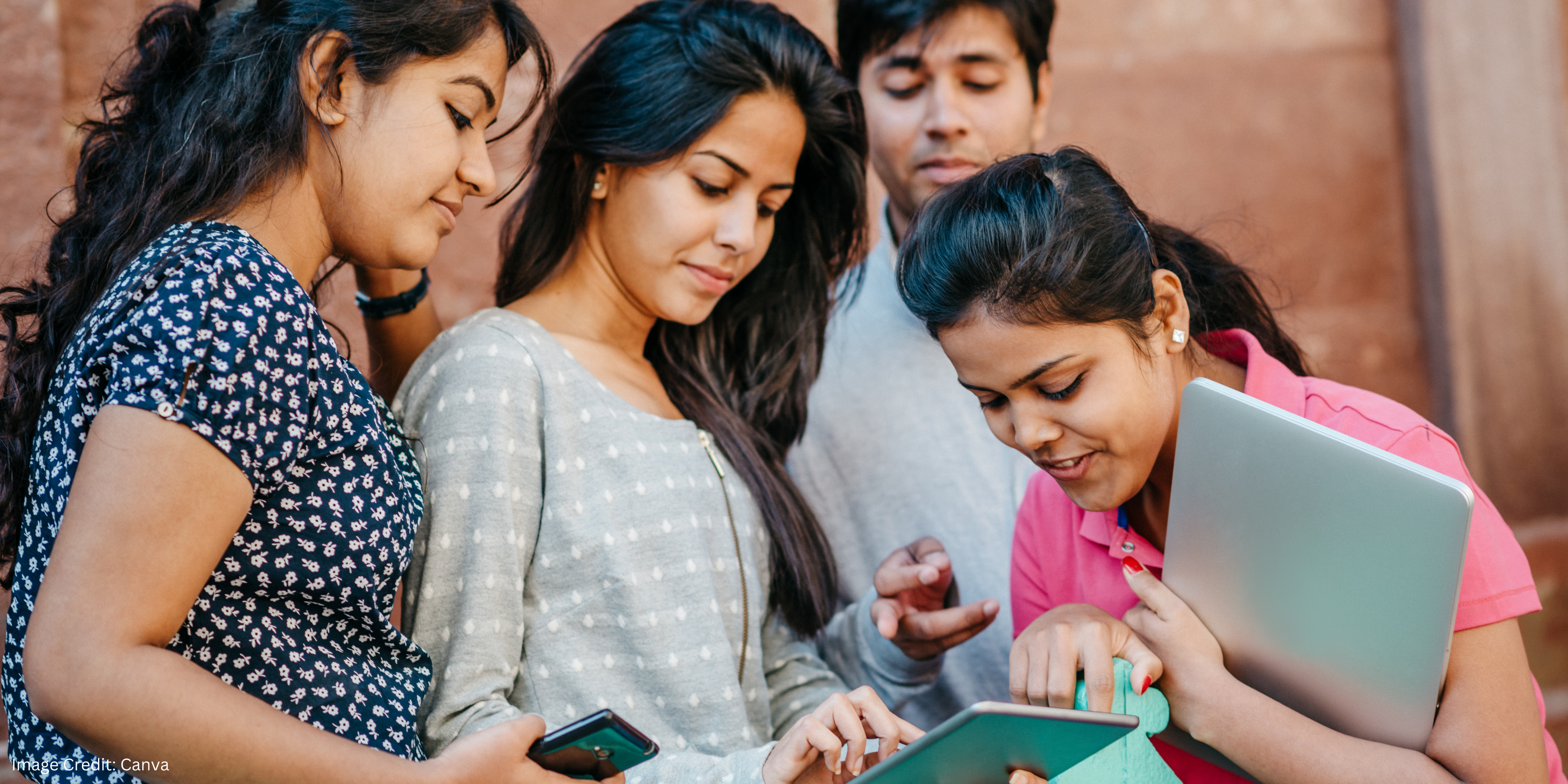
NCAER National Data Innovation Centre
Measurement Brief | 2024-03
Welcome to the sixth issue of GenderTalk from the NCAER-National Data Innovation Centre’s Gender Hub. In this issue, we focus on the complex realities of adolescence in India— a critical stage of human development when the pressure on young girls and boys to conform to culturally prescribed gender roles intensifies, shaping their experiences and future trajectories.
GenderTalk is a space where scholars, policymakers, and civil society members can engage with each other on a theme vital to women’s well-being in India. For previous issues, scroll to the bottom.
In particular, this brief discusses the following:
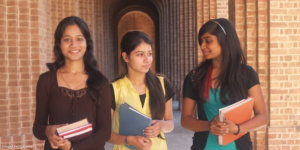 1. Gender and Adolescence Realities: Identifying Data Gaps and Priorities – Dibyasree Ganguly, NCAER, examines the differences in gender parity among adolescents engaged in daily activities while highlighting the need for further discussion and nationally representative data to better understand the prevalence of gender inequity in the country. [Read more]
1. Gender and Adolescence Realities: Identifying Data Gaps and Priorities – Dibyasree Ganguly, NCAER, examines the differences in gender parity among adolescents engaged in daily activities while highlighting the need for further discussion and nationally representative data to better understand the prevalence of gender inequity in the country. [Read more]
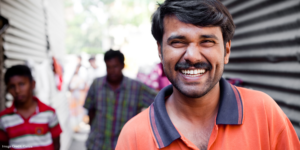 2. Learning to Be Gendered: Gender Socialisation in Early Adolescence Among the Urban Poor in Delhi, India, and Shanghai, China – In a first of its kind comparative analysis between adolescents in China and India, Sharmishtha Basu, GIZ India, identifies the sources and processes of the emergence of differences in gender equity in 11 to 13 year olds in Delhi and Shanghai. [Read more]
2. Learning to Be Gendered: Gender Socialisation in Early Adolescence Among the Urban Poor in Delhi, India, and Shanghai, China – In a first of its kind comparative analysis between adolescents in China and India, Sharmishtha Basu, GIZ India, identifies the sources and processes of the emergence of differences in gender equity in 11 to 13 year olds in Delhi and Shanghai. [Read more]
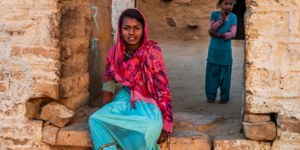 3. Gender-unequal treatment in the home: Associations with mental health among Indian adolescents- Lisa Strohschein, University of Alberta, examines the decline in mental health of adolescents due to the adverse effects of experiences of gender inequality at home.[Read more]
3. Gender-unequal treatment in the home: Associations with mental health among Indian adolescents- Lisa Strohschein, University of Alberta, examines the decline in mental health of adolescents due to the adverse effects of experiences of gender inequality at home.[Read more]
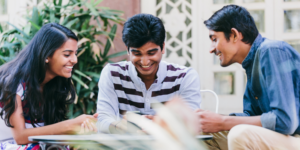 4. Understanding Gender Normative Beliefs and Girls’ Agency in India: What we know and why it matters– Anita Raj, Tulane University, identifies palpable links between traditional gender values defined by the socially limited value of women and the agency of women in the wake of transforming gender norms which support women’s decision making.[Read more]
4. Understanding Gender Normative Beliefs and Girls’ Agency in India: What we know and why it matters– Anita Raj, Tulane University, identifies palpable links between traditional gender values defined by the socially limited value of women and the agency of women in the wake of transforming gender norms which support women’s decision making.[Read more]
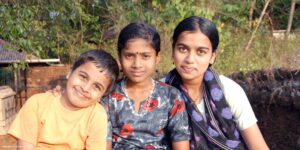 5. Equitable Gender Attitudes and Norms must be Promoted during Adolescence – Ravi Verma, ICRW, explores the formation of inequitable gender norms during adolescence, highlighting the urgent need to challenge traditional societal inequalities and involve boys in fostering gender sensitivity from an early age.
5. Equitable Gender Attitudes and Norms must be Promoted during Adolescence – Ravi Verma, ICRW, explores the formation of inequitable gender norms during adolescence, highlighting the urgent need to challenge traditional societal inequalities and involve boys in fostering gender sensitivity from an early age.
[Read more]
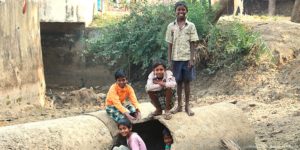 6. Conversation with Abhimanyu Singh, Shobhita Rajagopal, and Mukta Gupta – Doosra Dashak. Representatives from Doosra Dashak delve into the impact created by the organisation’s work in giving adolescents a second chance at life by creating opportunities tailored to their needs and imbibing them with a sense of self-worth. [Read more]
6. Conversation with Abhimanyu Singh, Shobhita Rajagopal, and Mukta Gupta – Doosra Dashak. Representatives from Doosra Dashak delve into the impact created by the organisation’s work in giving adolescents a second chance at life by creating opportunities tailored to their needs and imbibing them with a sense of self-worth. [Read more]
READS…from around the web
Aggarwal, S., Francis, K. L., Dashti, S. G., & Patton, G.(2023). Child marriage and the mental health of adolescent girls: a longitudinal cohort study from Uttar Pradesh and Bihar, India. The Lancet Regional Health-Southeast Asia, 8. Link
Aurino, E. (2017). Do boys eat better than girls in India?Longitudinal evidence on dietary diversity and food consumption disparities among children and adolescents. Economics & Human Biology, 25, 99-111. Link
Dandona, R., Pandey, A., Kumar, G. A., Arora, M., & Dandona, L. (2024). Review of the India Adolescent Health Strategy in the context of disease burden among adolescents. The Lancet Regional Health-Southeast Asia, 20. Link
Datta, S., & Kingdon, G. G. (2019). Gender bias in intra-household allocation of education in India: Has it fallen over time?. Discussion paper series, IZA DP No. 12671. IZA Institute of Labor Economics. Link
Ganguly, D., Goli, S., & Sullivan, O. (2023). Gender, paid work, and mental health of adolescents and young adults in resource-poor settings of India. Child Indicators Research, 16(3), 1137-1170. Link
Raj, A., Singh, A., Silverman, J. G., Bhan, N., Barker, K. M., & McDougal, L. (2022). Freedom of movement and adolescent sexual violence in India. Journal of interpersonal violence, 37(1-2), NP925-NP943. Link
Click here to download the current measurement brief.
This measurement brief is part of the Gender Hub led by Dr. Pallavi Choudhuri and Dr. Sonalde Desai. The Gender Hub initiative is a part of the National Data Innovation Centre at the National Council of Applied Economic Research. GenderTalk, is a space where scholars, policymakers, and civil society members can engage with each other on a theme vital to women’s well-being in India.
Our website can be found at https://ndic.ncaer.org/research-theme/gender-data-hub/.
Previous Issues of GenderTalk:
2024-02: Gender and Ageing; | Download
2024-01: Gender and Internal Migration; | Download
2023-03: Women’s Agency in Marriage Choice; | Download